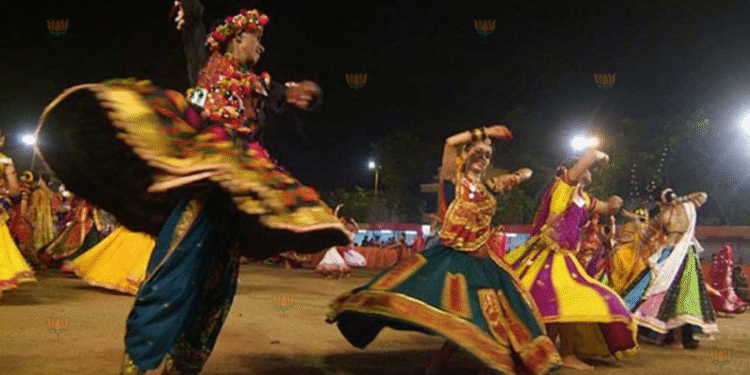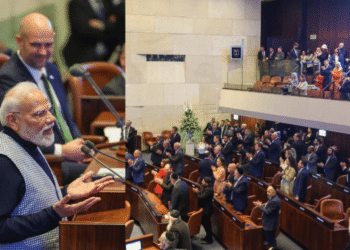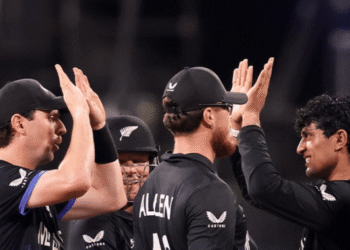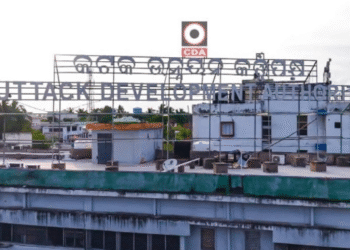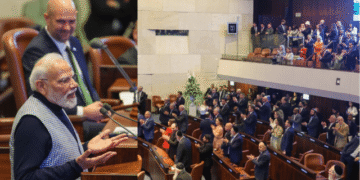Madhya Pradesh minister Vishvas Sarang has endorsed the Vishva Hindu Parishad’s (VHP) call to restrict entry to Garba events during Navratri only to followers of Hinduism.
Speaking to ANI on Tuesday, Sarang asserted that Garba is a “purely religious ritual of Hindu traditions” and should not be treated as an entertainment event.
“This is the worship of Devi Maa. So, it is essential that those going there should reveal their identity. Why do those who do not follow Hinduism even go there? This is not an entertainment show,” Sarang said.
VHP’s Advisory on Identity Verification
The VHP had earlier issued an advisory urging Garba organisers across India to check Aadhaar cards or identity documents of participants before granting them entry. The organisation said the move was aimed at preventing instances of alleged “love jihad.”
The advisory sparked a debate across states, with the right-wing group insisting that Garba should remain a religious and cultural celebration exclusively for Hindus.
Political Reactions
The statement has triggered mixed political responses. Maharashtra minister and BJP leader Chandrashekhar Bawankule said event organisers have the right to set entry conditions, provided events are held with proper police permissions.
In contrast, Congress leader Vijay Wadettiwar criticised the move, accusing the VHP of trying to “set society on fire” with divisive remarks.
Nitesh Rane Backs VHP’s Stand
Maharashtra minister Nitesh Rane also supported the advisory, claiming that Garba events have become “epicentres” of “love jihad.” He alleged that some non-Hindu participants attend these events under false identities and harass women.
“What is wrong in it? As per my information, Islam does not follow idol worship. Except for love jihad, I do not see any other reason behind Muslims participating in garba. They come to such events under false identity and harass our women. Cases of love jihad start from there,” Rane said.
Garba: Cultural and Religious Significance
Garba is a traditional devotional dance performed during the nine days of Navratri, especially in Gujarat, Maharashtra, and Madhya Pradesh. Over the years, the events have grown beyond religious gatherings into large-scale social celebrations, often drawing participants from diverse communities.

